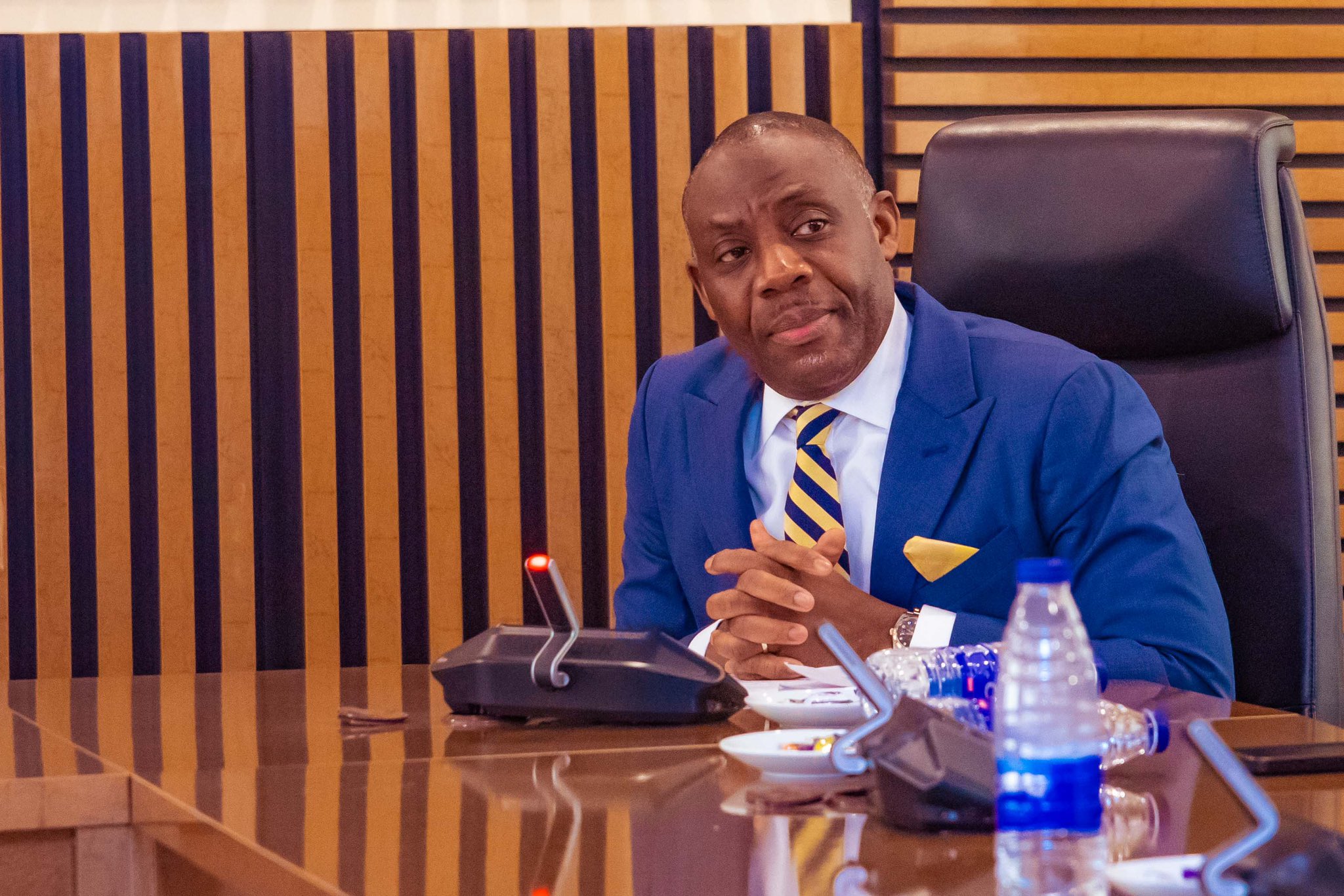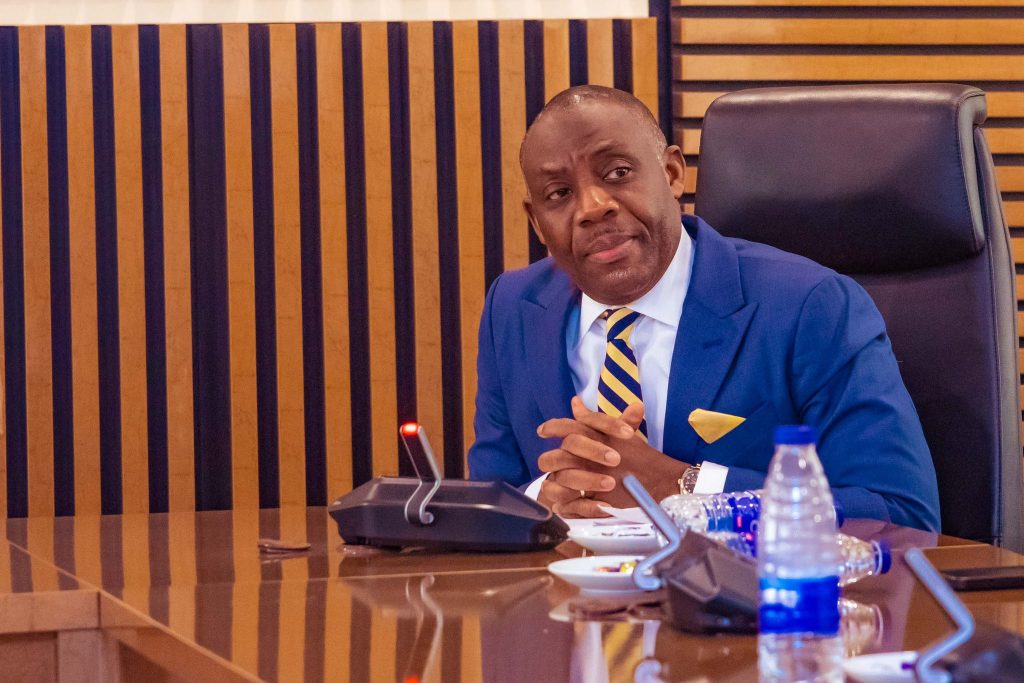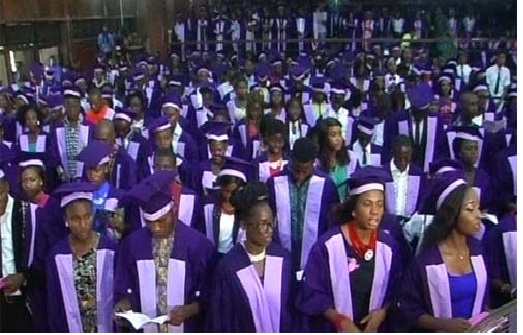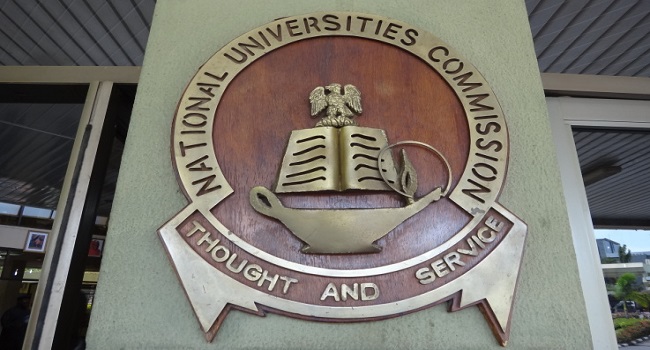FG Grants Operating Licences to 11 New Private Universities


The federal government has issued official licences to 11 newly sanctioned private universities to help expand access to quality higher education in the country.
Tunji Alausa, the Minister of Education, stated during the licence presentation ceremony held in Abuja on Wednesday that this move followed the approval granted by the National Universities Commission (NUC).
Among the newly licensed universities are New City University in Aiyetoro, Ogun State; Lens University in Ilemona, Kwara State; and Kevin Ezeh University in Mgbowo, Enugu State.
Also included are Southern Atlantic University in Uyo; University of Fortune in Igbotako, Ondo State; Minaret University in Ikirun, Osun State; and Abdulrasaq Abubakar Toyin University in Ganmo, Kwara State.
The list is completed with Monarch University in Iyesi Ota, Ogun State; Tonnie Iredia University of Communication in Benin, Edo State; Isaac Balami University of Aeronautic and Management in Lagos State; and Eranova University in Kuje, FCT.
Mr Alausa remarked that this development is part of the national education reform agenda designed to restore quality in Nigeria’s academic system.
“This ceremony is not only a celebration of your achievements but also a renewed call to action in building a future-ready and globally competitive Nigerian university system,” he said.
He pointed out the urgent need to realign higher education in Nigeria with essential areas such as STEMM—covering Science, Technology, Engineering, Mathematics, and Medical Sciences.
“Nigeria has more than enough social science graduates. What we need now are problem-solving graduates with life skills who can drive industries, build infrastructure, and improve lives.”
“We must acknowledge an uncomfortable truth that, while we now have 159 licensed private universities, too many are failing to meet the quality standards Nigeria demands,” he said.
Mr Alausa further emphasized that issuing licences should have real substance and not be a mere formality.
To reinforce this, he explained that the NUC is currently revising its quality control systems to ensure that all recognised universities—whether public or private—serve as legitimate centres for education, research, and innovation.
He urged the new universities to work collaboratively and establish global academic connections, highlighting the potential of Nigeria as a hub for international education.
The minister also disclosed that based on a presidential directive, some institutions that had been awaiting approval for more than four years have now received licences after undergoing a thorough three-year evaluation.
“Private universities must rise to the challenge of delivering high-quality, relevant education that meets the demands of a modern economy.”
”With support from regulatory bodies and a renewed commitment to excellence, the newly approved institutions are expected to play a transformative role in shaping the nation’s next generation of leaders and innovators,” he explained.
Abdullahi Ribadu, Executive Secretary of the NUC, acknowledged that private universities are becoming critical partners alongside public ones, particularly in catering to Nigeria’s growing youth population.
Mr Ribadu noted that since university education was liberalised in 1999, private universities have played a major role in expanding the academic space in Nigeria.
”From just 49 universities in 1999, 23 of which were private, Nigeria now boasts of 298 universities, with 159 (53.3 per cent) being privately owned.”
He stated that this expansion has largely been driven by increased involvement from the private sector.
He clarified that the licences being given are provisional and will remain valid for three years, during which the universities must meet strict quality requirements.
“The provisional status is subject to close monitoring by the NUC, with full licenses to be granted only after a thorough evaluation of each institution’s compliance with regulatory standards,” he said.
To confirm the universities’ readiness to begin academic work, the NUC head also announced that every programme offered would undergo a mandatory resource assessment.
Speaking on behalf of the university owners, Jimoh Ibrahim, proprietor of the University of Fortune in Igbotako, Ondo State, urged the NUC to remove obstacles that prevent Nigerian institutions from forming stronger partnerships with universities abroad.
Mr Ibrahim highlighted the need for international academic cooperation to promote innovation, skill acquisition, and national progress.
Tony Iredia, founder of Tonnie Iredia University of Communication in Benin, also appealed to the federal government to shorten the moratorium period for new universities.
Mr Iredia suggested that Nigerian institutions may be lagging in research largely because their findings are not well communicated.








